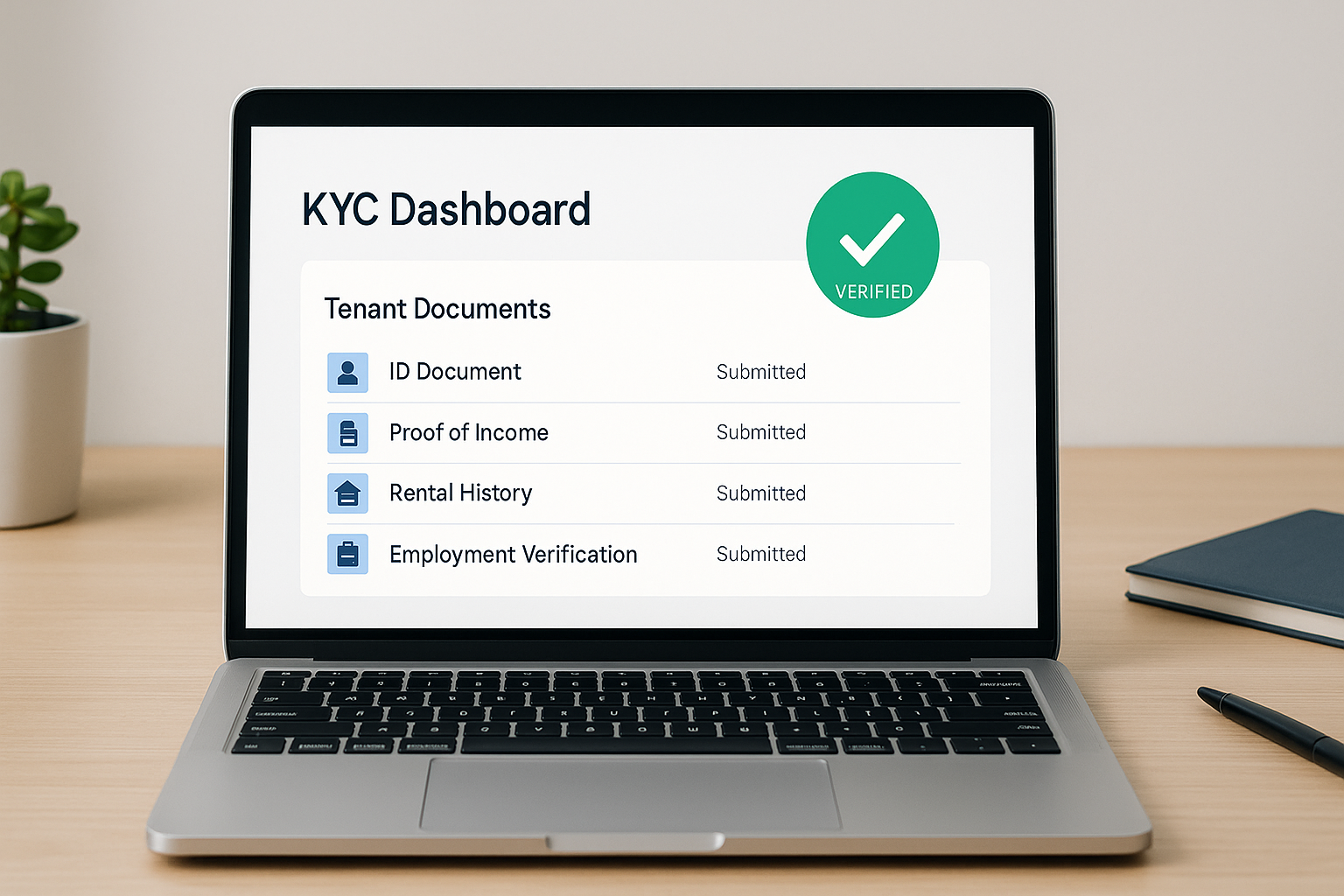
Top 5 Strategies to Excel in the 2024 Legal Sector with Colin Levy

In today’s fast-paced legal environment, thriving entails much more than just staying afloat—it requires foresight, agility, and a keen understanding of how technology is molding the legal industry. The advancement of legal technology (also referred to as legaltech) is like the rise of the smartphone. Legal tech is to the traditional practice of law what smartphones are to old rotary phones. Just as smartphones revolutionized communication by integrating cameras, internet, and apps into one compact device, legal tech transforms the legal landscape by consolidating research, documentation, and client communication into streamlined platforms. This shift is not merely an upgrade; it's a complete overhaul, challenging the status quo and demanding adaptability. Where rotary phones symbolize a single-function era, smartphones epitomize the multifaceted capabilities that legal tech brings to the legal profession: efficiency, innovation, and a new way of thinking about what's possible in the practice of law.
We interviewed Colin Levy, Director of Legal at Malbek and author of The Legal Tech Ecosystem. Colin, who is on the board of legal technology startups, provides his perspective on the legal technology ecosystem. He states, “I am keen on supporting legal tech startups, whether as an investor, serving on the board, or as an early stage tester. I believe these are important things to do because I want to continue to learn, continue to support, and be closely connected to people creating products and services in the legal tech space.”
We have gathered, from Colin’s insights, the top five strategies that legal professionals can implement to excel in this transformational era - bringing them together with technology.
Embrace the Digital Transformation: Leveraging Legal Tech Innovations
Stepping boldly into the digital transformation is paramount for modern legal professionals. By embracing legal technology, attorneys and legal firms can revamp outdated practices and enhance efficiency. From utilizing artificial intelligence (AI)-enhanced legal document review tools to adopting practice management software, these innovations streamline operations and facilitate the handling of cases with meticulous attention to detail and speed. Riding the wave of generative AI, legal practitioners are now equipped to generate high-quality outputs, responding to complex queries with unparalleled accuracy.
Enhance Contract Management: The Power of Contract Lifecycle Tools
Gone are the days of manual legal contract drafting and tracking. Today's dynamic legal sphere and demands of business call for robust contract lifecycle management often at the hands of a contract management system, and experts like Colin Levy recommend this as a staple for any legal tech-savvy law department.
These powerful solutions assist in alleviating the pain points of managing intricate agreements and allow for seamless transitions from initial drafting to final signatures. By integrating such a system, lawyers can focus on the higher value work involved with contracting while not having to spend nearly as much time on the recurring administrative burdens of managing contracts.
Stay Informed and Educated: Legal Tech Resources and Thought Leadership
The legal landscape is rich with legal tech resources and compendiums, such as the "Handbook of Legal Tech," that guide practitioners through the complex matrix of technological applications and a book that Colin was the editor of. It's essential for legal professionals to not just understand the benefits of technology but also to discern its limitations and best application practices. As Colin explains, “Generative AI is going to continue to dominate the headlines for some time to come. Fast improvements in generative AI will provide better outputs and respond to inputs better over time, making them excellent tools. I believe that legal technology is going to revolve around the integration and expanded uses of generative artificial intelligence as we move forward.”
Another way to find resources is through following legal tech thought leaders. Attending forward-thinking conferences such as ABA TECHSHOW can be a great way to learn from legal professionals, technology vendors, and connect with people in the field.Contributing to the shared body of knowledge through conversations, enaging with articles and podcast discussions are other ways to remain engaged and learning about the dynamic role of technology within the legal industry.
Prioritize Data Security and Intelligent Tech Integration
With the rise of AI in legal tech comes the imperative issue of data security. Legal professionals must not only be wary of how technology uses and stores data but also how it can be securely customized to fit firm-specific needs without compromising sensitive information. Colin notes, “I gave a talk on AI last week. Many of the audience’s questions were around the use of data and how secure it can be - essentially, how to secure their data. Lawyers want to customize AI models with their own data without sharing or saving that data with third parties.”
Employing retrieval augmented generation (RAG) models and ensuring the integrity of proprietary data sources are key considerations while integrating AI into legal workflows.
Build a Community: Networking in the Technological Legal Landscape
Last but not least, legal professionals must actively participate in the community fostered by legal tech. Investing in startups, advising on new ventures, and connecting with fellow enthusiasts. This interconnectedness is not only vital for personal growth but also crucial in driving forward the collective innovation of the entire sector. Colin is a leader in building strong legaltech communities. Colin Levy can be reached through his personal website, as well as through LinkedIn and can help in nurturing your collaborative ecosystem.
Colin Levy believes technology and the legal sector go hand-in-hand
In adapting these top five strategies, legal professionals can navigate the evolving legal ecosystem effectively. For Colin, it’s about creating on-going technology partnerships between professionals, clients, and technology. “It’s about more than just tech alone, it's about people and aligning their needs and processes with technology. Technology alone is not the end all be all.” The path forged by legal tech advocates and innovators paves the way for those willing to harness novel tools and cultivate a deep understanding of both technology and its impact on the legal profession. Riding the tide of tech advancement, the modern legal practitioner can flourish amidst an era of exceptional change and promise.
Unstructured data can easily be indexed, sorted, filtered, and analyzed by Discrepancy AI
Start for Free










.png)

.png)

.png)
.png)

.png)

.png)
.png)


.png)

.png)
.png)
.png)
.png)




